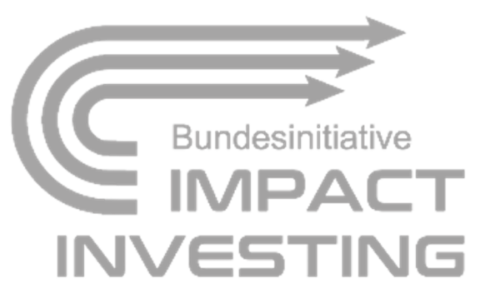EBG Investment Solutions AG ist Mitglied von:


© 2023 EBG Investment Solutions AG. All rights reserved | Privacy Policy
EBG Investment Solutions AG ist Mitglied von:


© 2023 EBG Investment Solutions AG. All rights reserved | Privacy Policy